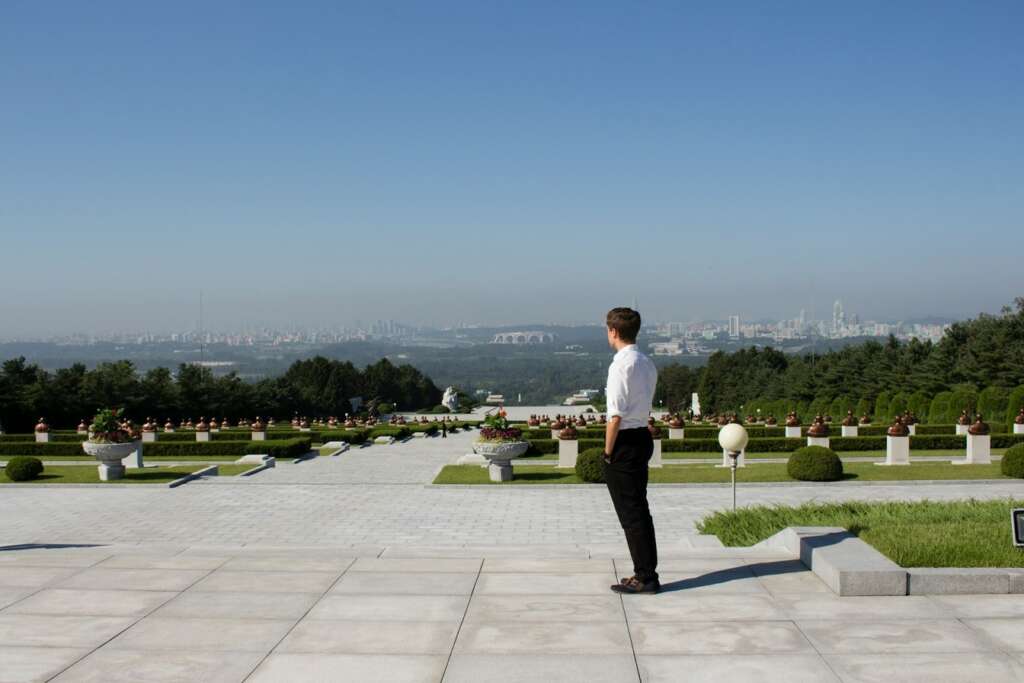Americans hoping to visit one of the world’s most closed-off nations will have to wait even longer. The U.S. government has once again extended its travel restriction to North Korea, officially locking down the ban for another two years due to ongoing safety concerns.
According to a public notice published Wednesday in the Federal Register, the U.S. Department of State will continue prohibiting the use of American passports for travel to, in, or through North Korea through August 31, 2026. The measure was previously set to expire at the end of August.
“The Department of State has determined there continues to be serious risk to U.S. citizens and nationals of arrest and long-term detention constituting imminent danger to their physical safety,” the notice said. “Accordingly, all U.S. passports shall remain invalid for travel to, in or through the DPRK unless specially validated for such travel under the authority of the Secretary of State.”
This marks the ninth consecutive year the U.S. has upheld the ban, which was first implemented in 2017 following the tragic case of Otto Warmbier. Warmbier, a U.S. college student, was detained in Pyongyang in 2016 for allegedly attempting to steal a propaganda poster. He was returned to the U.S. in a vegetative state in 2017 and died just days later. A U.S. court later ruled that North Korea was responsible for his torture and death.

While the country has remained largely off-limits to international travelers since the COVID-19 outbreak in early 2020, there were signs earlier this year that Pyongyang was cautiously reopening. Western travel agencies briefly offered limited group tours to Rason, a special economic zone in North Korea’s northeast corner. The initiative was short-lived—canceled just weeks after it began.
Meanwhile, Russia has emerged as the first country to resume post-pandemic travel ties with the regime. In February 2024, an Air Koryo passenger jet flew in from Vladivostok, signaling renewed cooperation between Moscow and Pyongyang.
North Korea also held its first international marathon in six years this past April, drawing runners from Ethiopia, China, and Morocco. And next month, the country is expected to unveil a colossal beach resort project that’s been nearly a decade in the making.
Construction of the Wonsan Kalma Coastal Tourist Zone began in 2014 and was initially supposed to open in 2019. But international sanctions and COVID-related delays pushed the launch date back several times. In December, North Korean leader Kim Jong Un toured the site and described it as “the first big step” toward revitalizing the nation’s tourism industry, according to the Korean Central News Agency. The resort is now scheduled to open in June.
Though North Korea appears eager to revive its tourism sector, the U.S. government remains firm: until the threat of detention and mistreatment subsides, the country remains strictly off-limits to American travelers.





